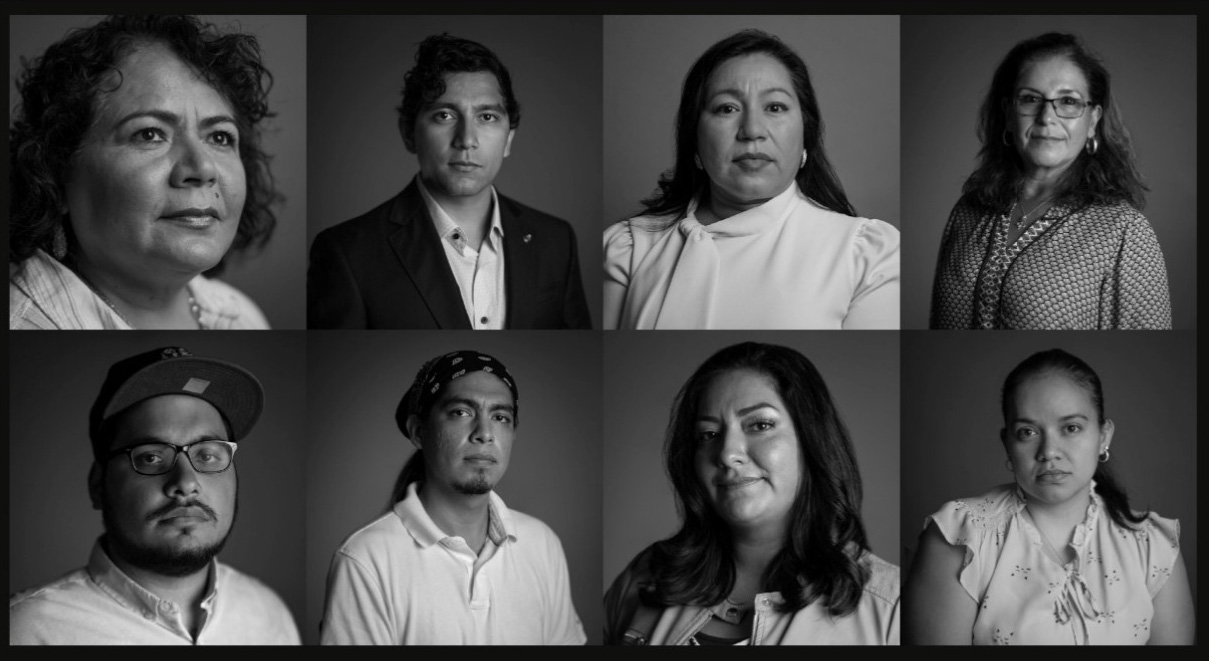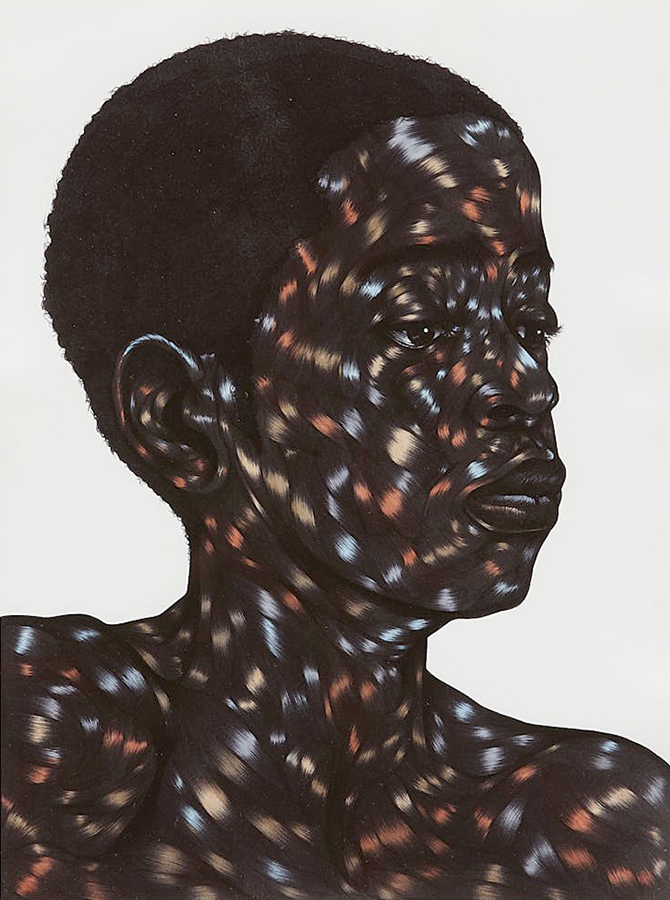Most tours of historic Charleston, S.C., don’t include a stop at the home of Sarah and Angelina Grimké, the first female abolition agents and two of the earliest feminist thinkers. The recent release of Sue Monk Kidd’s book, “The Invention of Wings,” may change that. Kidd, known for “The Secret Life of Bees,” turns now to the inspiring lives of the Grimké sisters, daughters in the large, aristocratic family of a Charleston judge in the early 1800s.
At a time when women were meant to have teas, attend church services and parties, and remain under the eye of their father until married out, the sisters break with their family, their religion and their city and its upper-class traditions. Sarah Grimké goes on to be the first woman in the U.S. to write a comprehensive feminist manifesto (10 years before Seneca Falls). Her younger sister Angelina becomes the first U.S. woman to speak before a legislative body. Their story is one of amazing strength and unusual leadership in the face of adversity.
Kidd’s novel chronicles their journey, focusing primarily on the life of Sarah. But the book is also about the lives of the Grimké slaves. Sarah’s life has been shaped by her slave Handful, 10 years old when she is given to 11-year-old Sarah. The book weaves Sarah’s life with Handful’s, the chapters switching back and forth to present one unified story: the horrors of slavery and the women who try respond to its evils with self respect, dignity and love. Along the way, the novel gives us examples of leadership that grows out of the context of faith, is rooted in deep community, and is rich in storytelling traditions.
Sarah’s leadership is born out of her faith, though she is reprimanded and rejected by her Presbyterian church. As a girl she wants to be a “jurist” when she grows up so that she can enact moral change. Her desire to teach Handful to read, her work with abolition, and then later her passion to recognize women as equal to men is driven by her sense of what is right under God.
She studies for years to be a Quaker minister, but is considered too radical. She turns down marriage and finds her voice in traveling the country, speaking to gatherings of women, and writing and publishing pamphlets such as “American Slavery As It Is.” Her leadership grows out of her own story, as she becomes a public voice against the evils of slavery, witnessed in her own childhood household.
Handful and her mother Charlotte, seamstress-slaves in the Grimké household, also provide leadership shaped by a deeply spiritual sense of their own dignity and worth. They tie red thread around a tree in the Grimké yard, symbolically placing their spirits in the tree, where they will be safer and can learn to fly with the birds.
They live out countless acts of everyday rebellion, hiding tools, forging day passes to go to town, sewing weak seams in garments, and sneaking over the fence to meet with the free black leader Denmark Vesey. Handful steals the bullet molds to aid in Vesey’s plans for a slave revolt in Charleston and ultimately orchestrates her own escape to freedom.
Throughout the novel, Kidd uses quilts to bring together the themes of leadership, faith and community. Charlotte creates a quilt that tells the story of her life, each block symbolizing experiences of pain, but also of joy and self-respect. Despite the fact that she dies a slave, like Sarah she invents a way to tell her own story to her community, with dignity.






